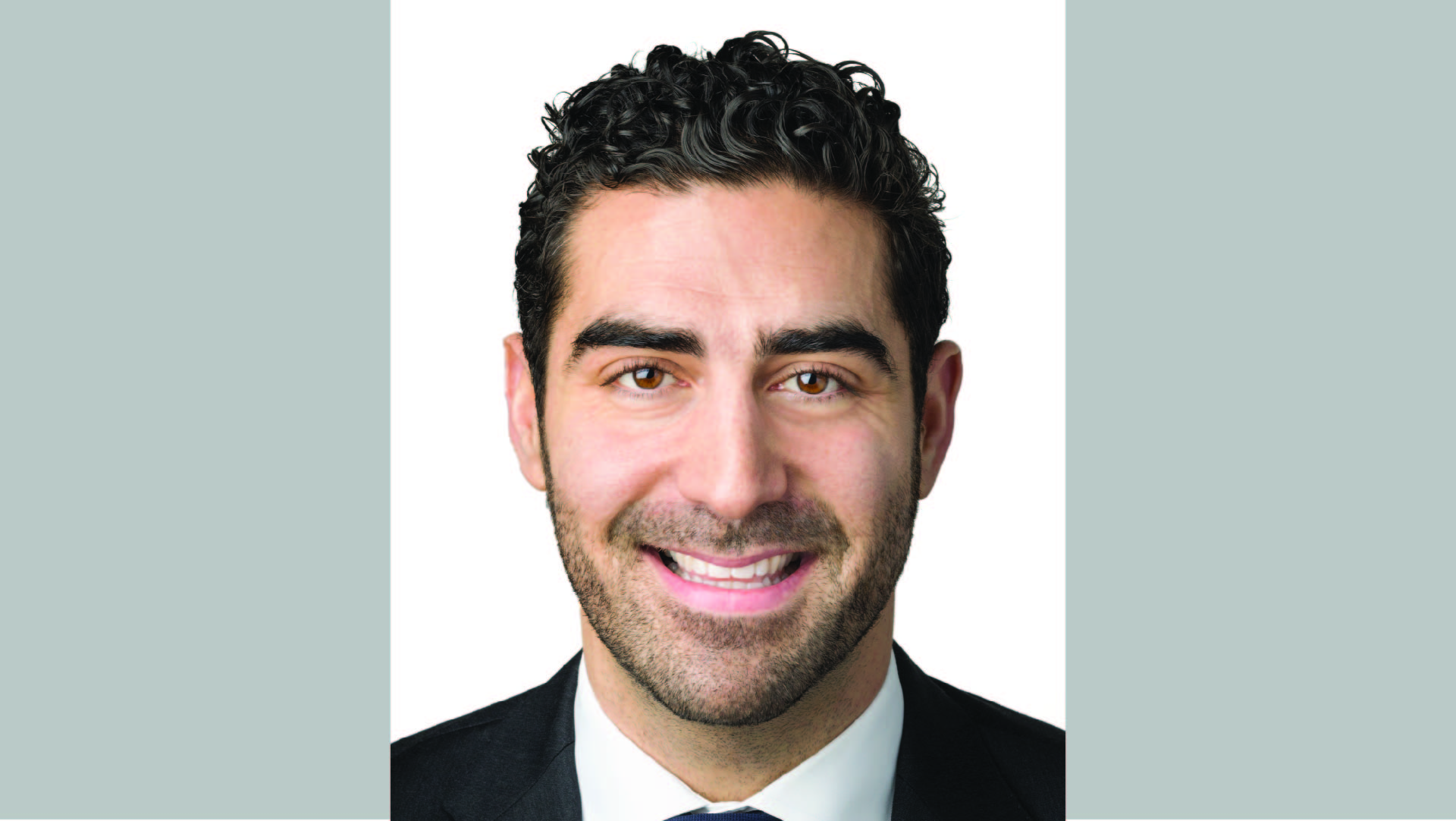Georgetown College Alumnus Recipient of the 2020 Paul & Daisy Soros Fellowship
Stefano Daniele (C’12) was one of 30 applicants selected for the Paul and Daisy Soros Fellowship, which supports immigrants and the children of immigrants who are pursuing graduate education in the United States. Daniele, who is earning his M.D. – Ph.D. at Yale, says his time at Georgetown helped him on his journey to this impressive achievement.
Working for Others
Daniele’s parents immigrated from Bracigliano, Italy to the United States in search of better career and educational opportunities not available to them in this small agricultural community. They settled down in Springfield, Massachusetts where Daniele was born. There, he grew up helping his parents by quickly learning English and assisting his father and mother with their responsibilities.
This hard work ethic eventually lead him to Georgetown, where he decided to pursue his passion for studying the brain. Daniele said that his interest for neuroscience was rooted in his personal experiences of watching his mother battle depression and his grandmother’s diagnosis with Parkinson’s’ disease.
While at the university, Daniele studied Parkinson’s disease under the mentorship of Kathleen Maguire-Zeiss, chair of the Department of Neuroscience. The professor reflected on her time with Daniele, saying that he was a “rare combination of confident but humble.”
“Stefano was the ‘go to’ person in my laboratory and students gravitated to him – they knew that he either had the answer or more importantly knew how to get the answer,” Maguire-Zeiss says. “They also knew that Stefano would take the time to listen to them and empower them to be independent scientists.”
Daniele was selected as an undergraduate Howard Hughes Research Scholar, was awarded the Excellence in Research Prize for his senior thesis, and received the Taylor-Weber Scholarship for the highest level of academic achievement in the Department of Biology.
He continued to conduct full-time research in the Maguire-Zeiss lab after graduating summa cum laude, eventually publishing his work on how immune cells of the brain become activated in Parkinson’s. Daniele says that he will always cherish his time on the hilltop as it was “the perfect environment for a young, naïve, and curious individual like me.”
“I knew very little of the academic world and the community welcomed me with open arms, while inspiring me to use my education in service of others,” Daniele says. “Its central tenet, cura personalis—“care for the whole person”—lives true throughout the campus, and was reaffirmed in my daily interactions with friends and colleagues. Much of who I am today is thanks to the patience, guidance, and support from my mentors and professors.”
About the Award
The Paul and Daisy Soros Fellowship is awarded to 30 individuals each year. There were 2,211 applicants nationwide for the 2020 cohort, making it the most competitive year to date.
The fellowship was started to aid immigrants and the children of immigrants who have graduated from both high school and college with funding for post-baccalaureate education. This was the first selection cycle that individuals could apply regardless of their immigration status.
“At a time when all forms of immigration are under attack, it’s more important than ever to be celebrating the achievements and contributions of immigrants and refugees from across the world,” said Craig Harwood, who directs the Fellowship program. “Our country and universities are enriched by the ingenuity that comes from abroad. When we honor and invest in New Americans our nation is stronger—the Paul & Daisy Soros Fellows are a perfect demonstration of that.”
In the 23 years since the fellowship was founded, several impressive individuals have been recipients of this award including former US Surgeon General Vivek Murthy, California Surgeon General Nadine Burke-Harris, Stanford AI leader Fei-Fei Li, Lieutenant Governor of Washington Cyrus Habib, composer Paola Prestini, computational biologist Pardis Sabeti and award-winning writer Kao Kalia Yang.
Daniele has shown that he has more than earned his place among them through his compassion, duty and curiosity. Tad Howard, associate dean in the College, who mentored Daniele during his time at Georgetown, said that he knew Daniele was capable of great things, but what was most memorable about the fellow was not his academic excellence, but his character.
“Stefano’s “potential” always played second fiddle for me; he was just a great human being to be around,” Howard says. “He remembered things about you, cared about what you said, listened and laughed generously, and just seemed to enjoy being around others. That’s how I remember him, and what makes me so happy for his achievements now. If he was in the room, it was the right room to be in.”
Current Research
Stefano’s doctoral work focuses on developing the BrainEx technology and investigating its ability to restore circulation and cellular function in the brain multiple hours after death. His work has shown that the brain has an underappreciated resilience to prolonged interruptions in blood flow, laying the groundwork for future advancements in stroke and cardiac arrest research.
He is the National Italian-American Foundation Giargiari Medical Scholar, cofounder of the Harvey Cushing Neurosurgical Society, and a member of the 2020 Forbes 30 under 30 in the science category.
- Tagged
- Alumni
- Neurobiology
